Singapore private uni grads face tougher job market

Fewer than half of private school graduates secured full-time jobs in 2024, widening the employment gap with autonomous university peers.
Beyond automation: Thailand HR Tech explores the human side of HR transformation

As technology reshapes the world of work, Thailand HR Tech 2025 invites leaders to co-create a future built on trust and purpose.
Taiwan’s jobless rate hits 25-year low for April
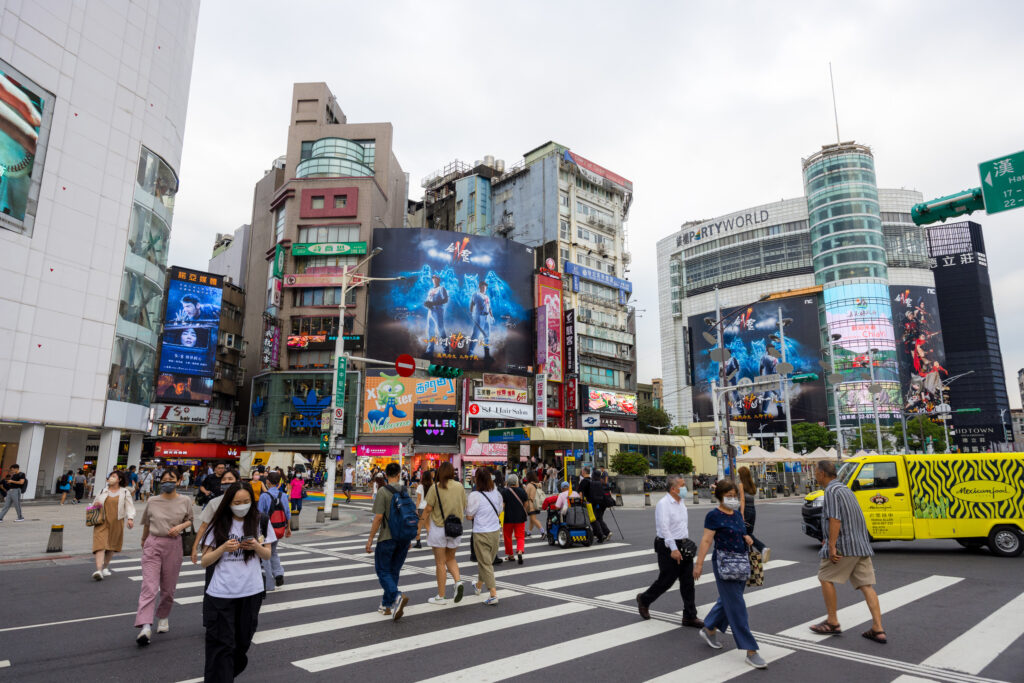
Taiwan’s jobless rate held steady in April at 3.36%, as unemployment fell by 4,000, signalling sustained labour market stability.
How DHL went from nosedive to sky high by lifting its people

Faced with financial collapse, DHL made a bold bet on people—not panic—and emerged stronger, prouder, and more profitable than ever.
Calls grow for flexible options as Malaysia considers raising retirement age

Malaysia’s proposal to raise the retirement age to 65 sparks calls for flexibility to support both older and younger employees.
Finance professionals in Singapore eye entrepreneurship and skills development, ACCA survey finds

Entrepreneurial ambitions, sustainability goals, and AI skill gaps are reshaping career expectations among finance professionals in Singapore.
Malaysia’s labour market expands in Q1 2025

Malaysia’s labour demand continues to rise, creating more opportunities for skilled and semi-skilled employees.
Japan to launch five-year plan to boost wages and productivity in SMEs

Japan is launching a five-year plan to boost SME wages and productivity, targeting key industries with ¥60 trillion investment.
AI and automation poised to revolutionise payroll, empowering HR strategy

Over half of multinational companies in Singapore are leveraging AI and automation to streamline payroll and minimise manual processes.
Day 2 of HR Tech Asia 2025: Rethinking talent, work, and the human element
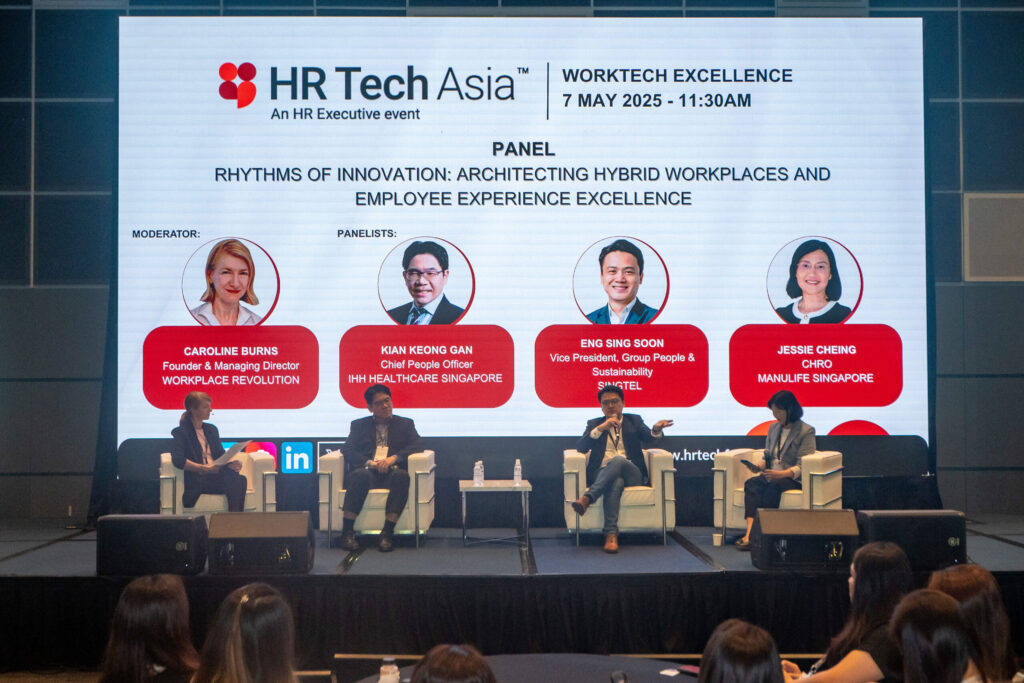
HR Tech Asia 2025 spotlighted empathy, agility, and purpose as key drivers of transformative talent strategies and future-ready workplaces.
Work takes centre stage for South Korea’s younger workforce, new report finds

South Korea’s younger workforce prioritises work above all else, reshaping gender roles and signalling urgent policy reform opportunities.
Day 1 of HR Tech Asia 2025: Building tech fluency and inclusive AI for the future of work
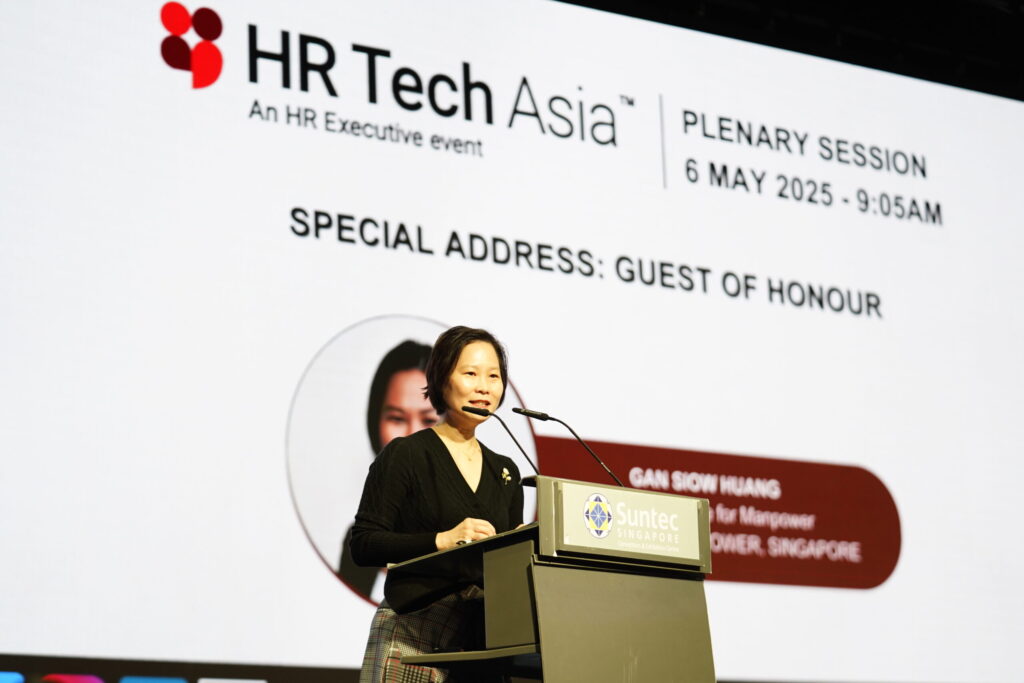
HR Tech Asia 2025 challenged HR leaders to rethink strategies amid AI disruption, digital acceleration, and changing workforce needs.
HR Tech Asia Awards 2025 honours Asia’s most outstanding HR leaders and innovators

Outstanding HR leaders and organisations across Asia were recognised for their achievements in innovation, inclusion, and sustainability at HR Tech Asia Awards 2025.
Employers in Singapore urge bold action to turn ageing population into economic gain
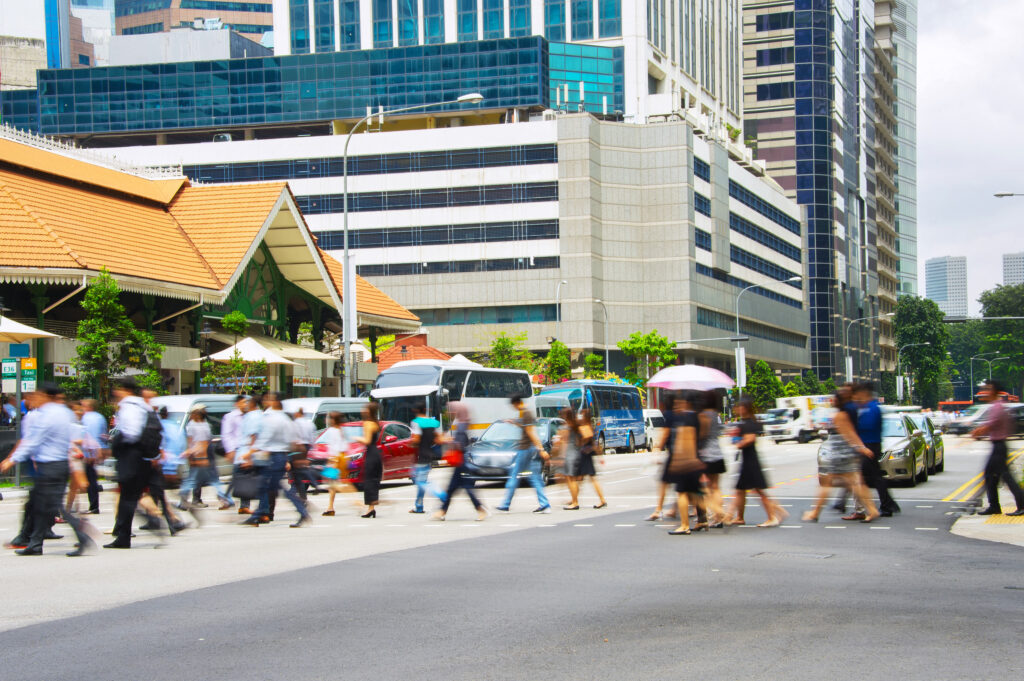
Singapore is positioning itself to turn the challenge of an ageing workforce into an opportunity through inclusive, flexible employment strategies.
Asia-Pacific doubles HR tech adoption since 2022

New survey data from Sapient Insights Group shows that Asia-Pacific is outpacing North America in AI adoption, while also highlighting key opportunities for HR teams in the region.
Final call: HR leaders to converge in Singapore for HR Tech Asia 2025
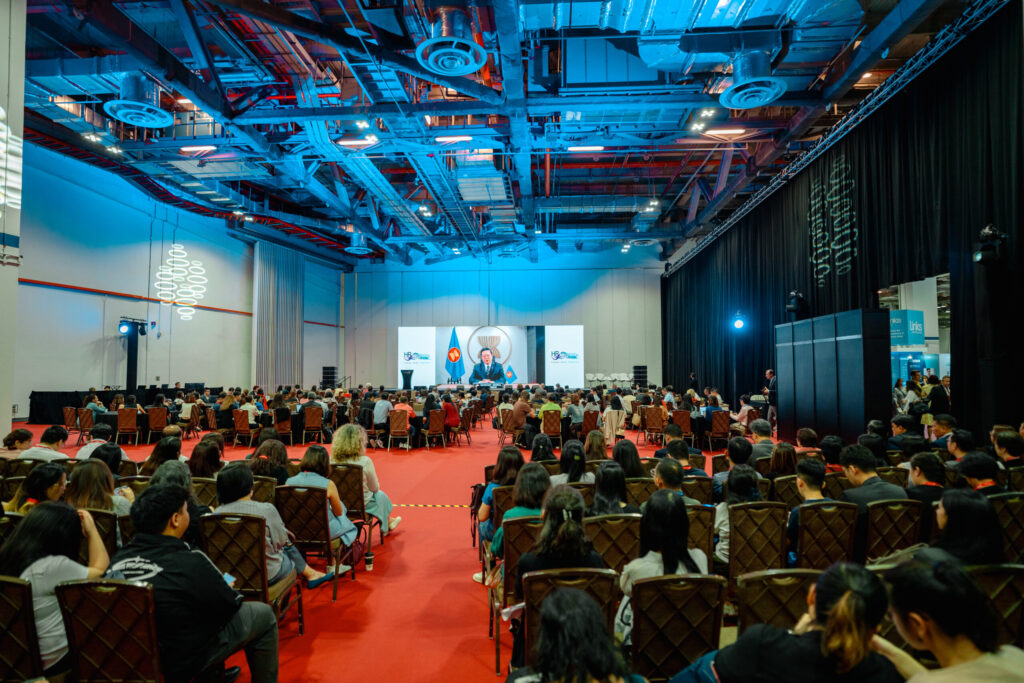
HR Tech Asia 2025 is days away—bringing transformative insights, bold strategies, and the region’s top HR minds to Singapore.
Singapore’s labour market shows signs of cooling amid global trade tensions

Singapore’s labour market softened in early 2025 as employment growth and unemployment edged up amid rising global trade tensions.
DOLE begins review of Metro Manila minimum wage

The Philippines government is set to review minimum wages, potentially boosting incomes for millions of employees across the country.
South Korea bottoms global ranking for remote work, study reveals

Rigid work cultures in South Korea are limited remote work and flexibility with consequences for family life, birthrates, and business.
Shaping the intelligent age: Thailand HR Tech 2025 sets the stage for future-ready HR

From AI strategy to mental health tech, the Thailand HR Tech Conference & Exposition 2025 explores how people and innovation can thrive together.
Japanese banks reshape job structures for gender equality

Japan’s top financial organisations are eliminating gendered job tracks in a major push to close workplace inequality and pay gaps.
Reskilling at speed: How organisations can keep pace with AI-driven change

With AI accelerating change, Workday’s Fabio Tiviti explains how a skills-based approach helps organisations drive agility, productivity, and long-term success.
HR Tech Asia 2025: Power Talks to tackle future of work challenges
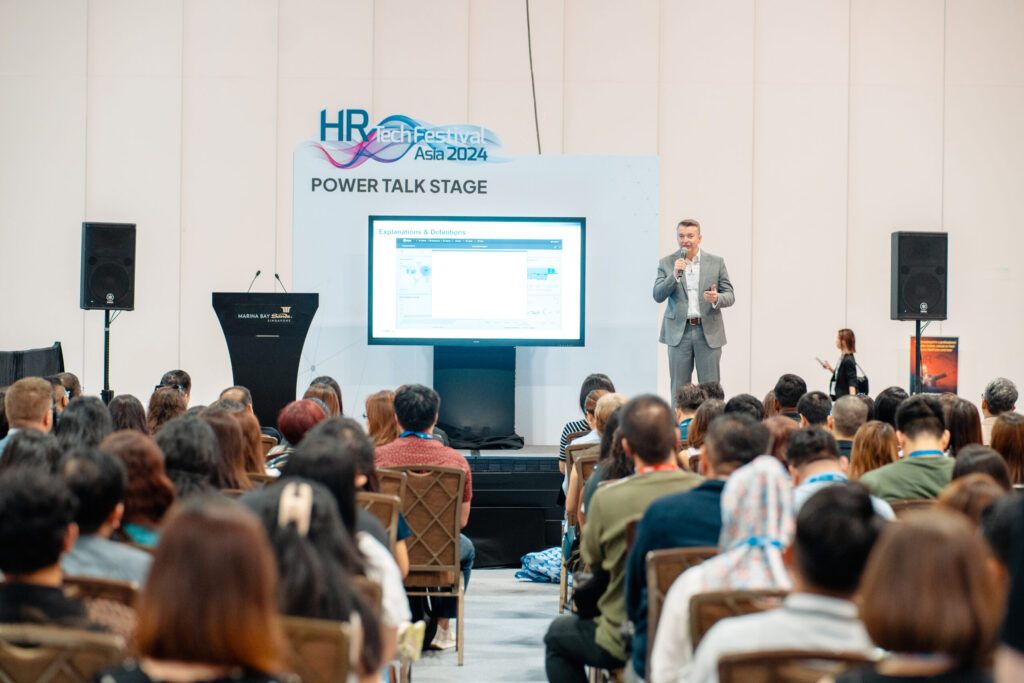
Discover cutting-edge HR strategies and game-changing ideas at HR Tech Asia 2025’s Power Talk Stage—where innovation meets action.
Inside UNIQLO Singapore’s plan to win the retail talent war

At UNIQLO Singapore, Juliana Tan champions digital innovation and inclusive talent development to meet the demands of modern retail.
Singapore sets up national taskforce to safeguard jobs amid US tariff impact

Singapore launches task force to support businesses and employees as US tariffs threaten jobs, growth, and economic stability.
AI is here—but skills will shape the future of work

Workday’s Fabio Tiviti discusses the growing role of AI agents and why human skills are essential for workforce transformation.
Malaysia to establish tripartite council to address wages in gig economy

Malaysia’s Gig Workers Bill nears completion, aiming to ensure fair wages and social protection without stifling sector growth.
Shaping tomorrow’s workplace: Worktech Excellence track to lead conversations at HR Tech Asia 2025

HR Tech Asia 2025’s Worktech Excellence track explores how technology, space, and culture converge to shape the future of work.
Employers in Hong Kong rethink 2025 salary plans

Following the government’s pay freeze, 42.7% of employers in Hong Kong are rethinking 2025 salary plans, with many considering restraint.
Amid tariff uncertainty, could global hiring be the smartest option?

With worldwide tariffs in full force, domestic job creation may slow. Multiplier’s Amritpal Singh says global hiring is the most strategic employer response.
